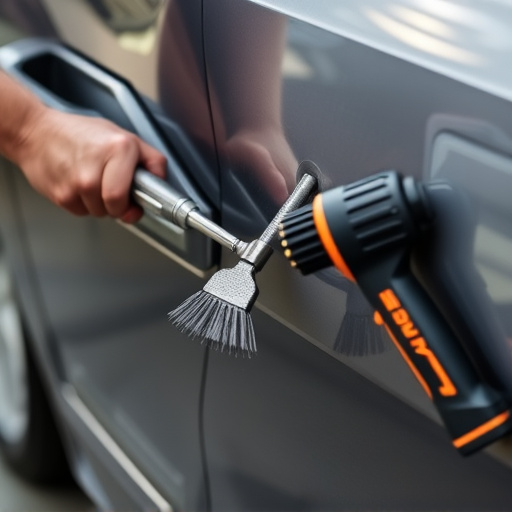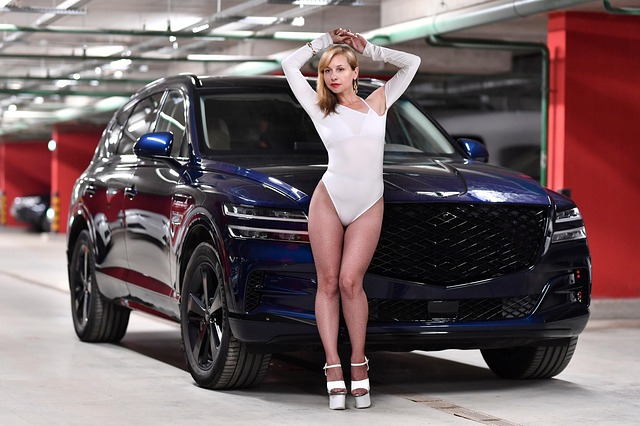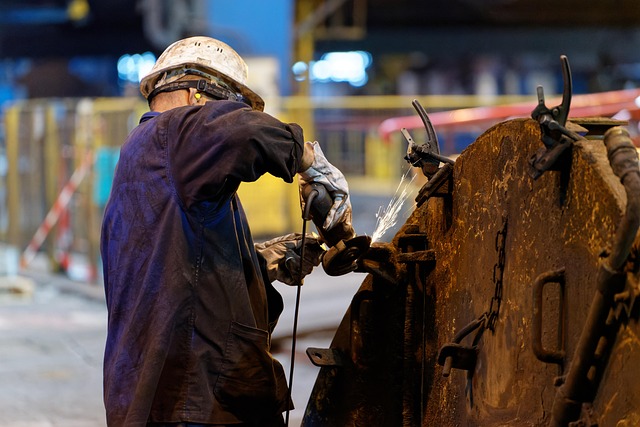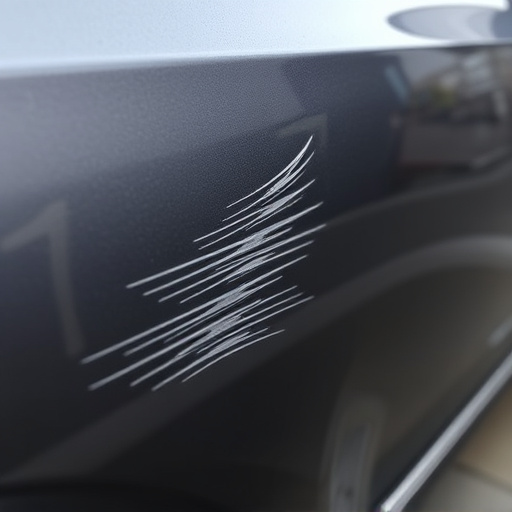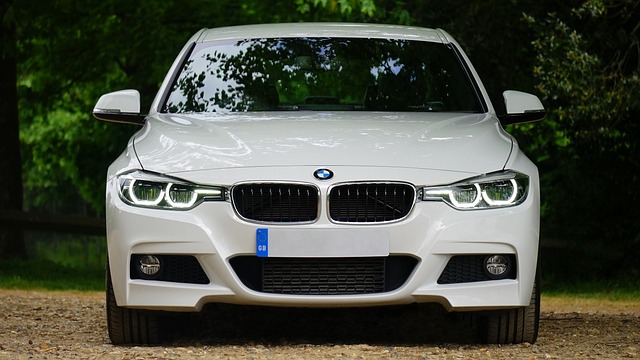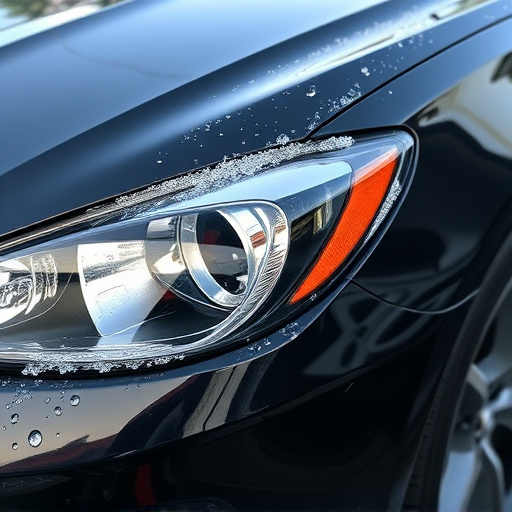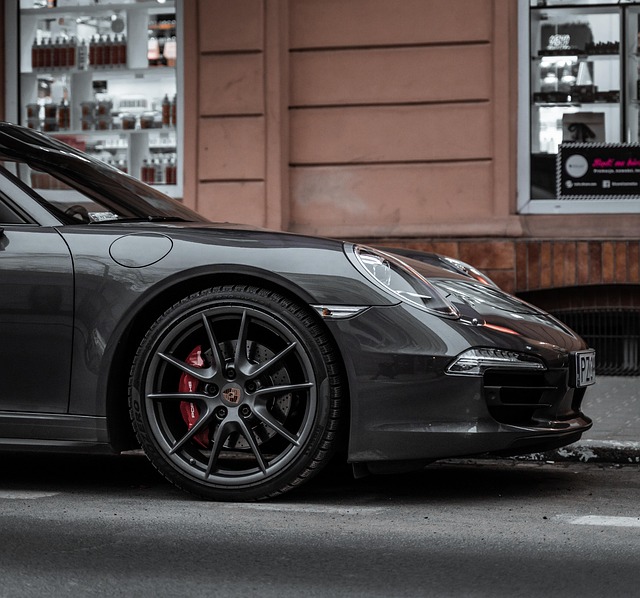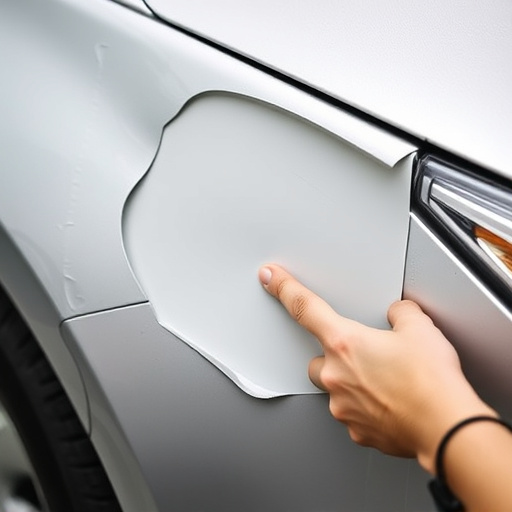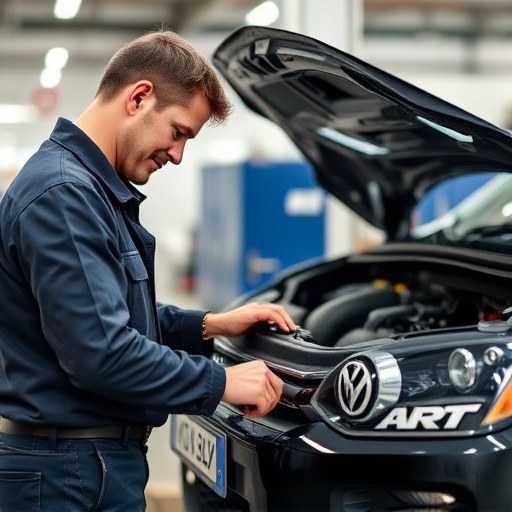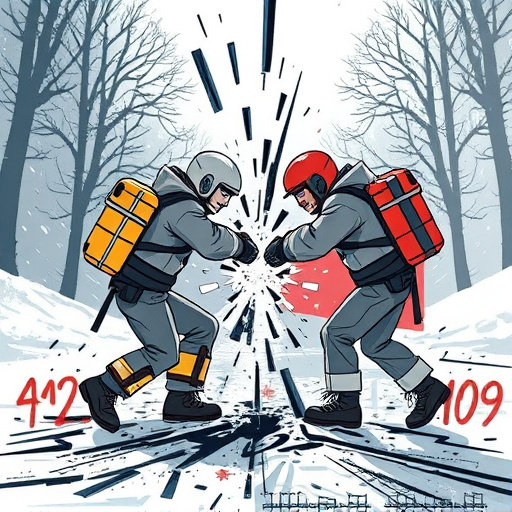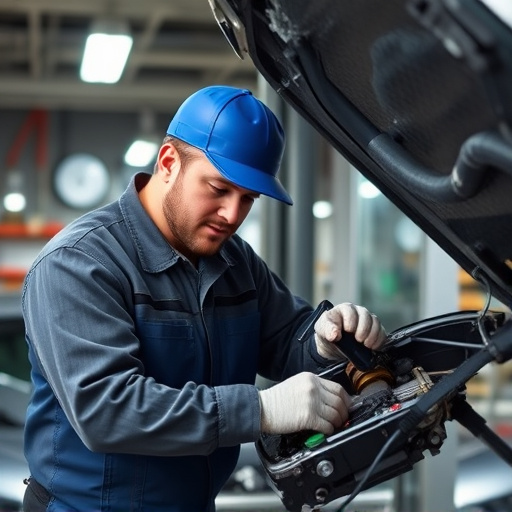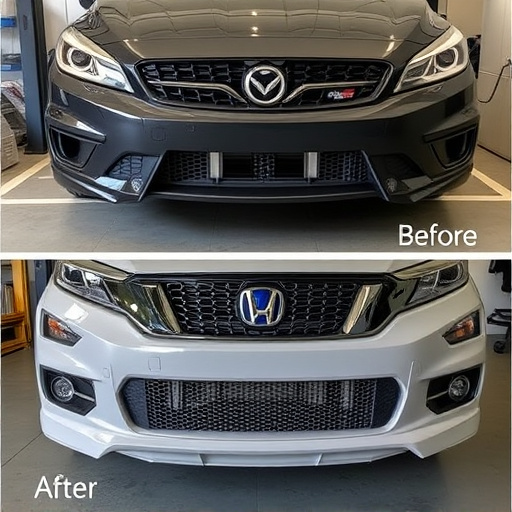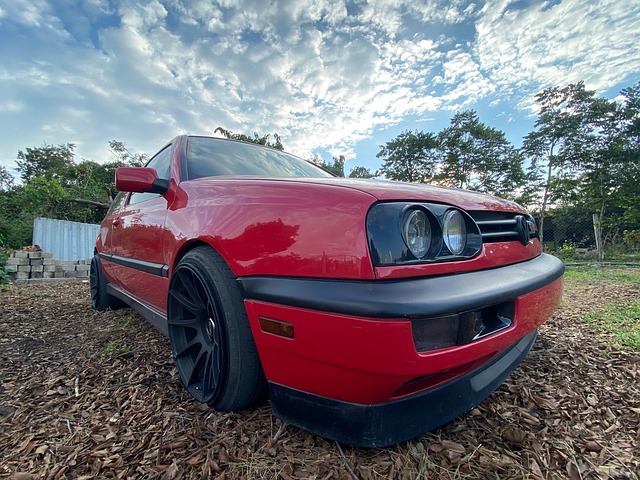Mercedes Distronic calibration is vital for maintaining adaptive cruise control and distance sensor accuracy, ensuring peak performance and safety of Mercedes-Benz vehicles. Regular calibration counteracts factors affecting sensor accuracy over time, minimizing post-repair liability risks and preventing accidents. It's crucial for body shops, especially restoring classic cars, to adhere to strict calibration standards for advanced driver-assistance systems (ADAS) to operate seamlessly and safely.
Mercedes Distronic calibration is a cutting-edge system that ensures precise speed and distance control, enhancing vehicle safety. As post-repair liability risks persist in the automotive industry, understanding the intricacies of this technology becomes crucial. This article delves into the mechanics of Mercedes Distronic Calibration, elucidates the legal implications after repairs, and highlights how proper calibration mitigates these risks, fostering trust among consumers and ensuring automotive businesses’ operational integrity.
- Understanding Mercedes Distronic Calibration
- Post-Repair Liability Risks Explained
- The Role of Calibration in Mitigating Legal Exposure
Understanding Mercedes Distronic Calibration
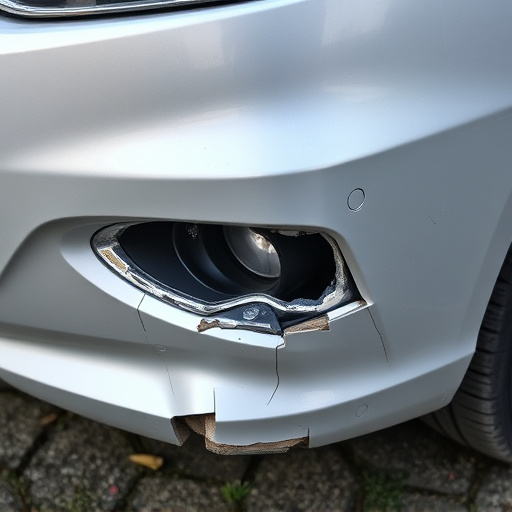
Mercedes Distronic Calibration is a cutting-edge technology that ensures your vehicle’s adaptive cruise control (ACC) system functions at peak performance. This sophisticated process involves precise adjustments to the car’s speed and distance sensing components, allowing it to maintain a safe following distance from the vehicle ahead. By calibrating the ACC, an auto collision center can guarantee that your Mercedes-Benz will operate smoothly and safely on the road.
Regular calibration is crucial in maintaining the integrity of your car’s safety systems. Over time, factors like road conditions, accidents (such as car dent repair), or routine auto maintenance can impact the accuracy of distance sensors. Thus, Mercedes Distronic Calibration plays a vital role in mitigating potential post-repair liability risks by ensuring that all safety features function optimally and in accordance with the manufacturer’s specifications.
Post-Repair Liability Risks Explained
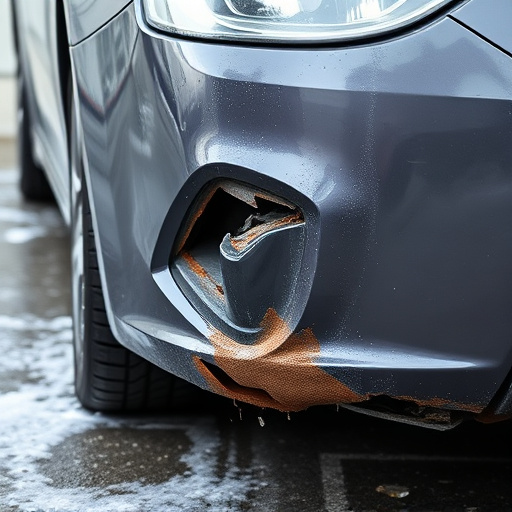
After a car accident or any collision damage repair, ensuring the vehicle’s safety systems function optimally is paramount. This is where Mercedes Distronic calibration plays a critical role in mitigating post-repair liability risks. The system, designed for adaptive cruise control and distance maintenance, requires precise recalibration after any repairs involving front-end components. Failure to calibrate correctly can lead to inaccurate readings, affecting the vehicle’s ability to maintain a safe distance from other cars, which could potentially result in further accidents or legal repercussions.
Post-repair liability risks encompass not just potential crashes but also legal claims arising from malfunctions post-repair. With Mercedes Distronic calibration, workshops performing collision damage repair or car paint services can ensure these systems function seamlessly, reducing the likelihood of such liabilities. It’s a crucial step that guarantees the vehicle’s advanced safety features operate effectively, thereby fostering road safety and protecting against potential legal issues down the line.
The Role of Calibration in Mitigating Legal Exposure
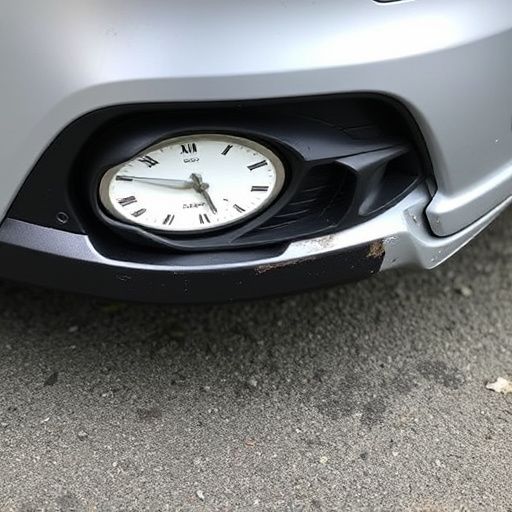
Mercedes Distronic calibration plays a pivotal role in mitigating legal exposure for car body shops and vehicle body shops involved in restoration work, especially when handling classic cars. Proper calibration ensures that all sensors and systems responsible for advanced driver-assistance systems (ADAS) like Distronic are functioning accurately post-repair. This is crucial as any malfunction or misalignment can lead to unexpected behavior on the road, potentially resulting in accidents and subsequent legal liabilities.
By adhering to strict calibration standards, vehicle body shops can demonstrate their commitment to quality and safety. This not only protects them from claims related to post-repair performance but also builds trust with clients. For classic car restoration projects, where historical accuracy and original equipment are paramount, Mercedes Distronic calibration ensures that the vehicle’s safety systems function as intended, without compromising the integrity of the car’s unique characteristics.
Mercedes Distronic calibration plays a pivotal role in mitigating post-repair liability risks. By ensuring precise and accurate vehicle systems, calibration protects against potential legal exposure for repair shops and dealerships. Understanding the importance of this process is key to maintaining customer satisfaction and trust, as well as upholding safety standards in the automotive industry.
